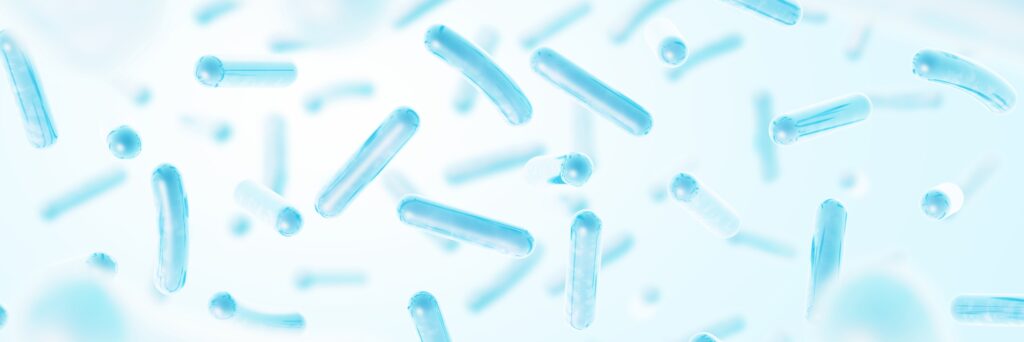Insulin resistance is a well-known precursor to obesity, prediabetes, and type-2 diabetes. It occurs when cells in the body stop responding well to insulin, which ultimately results in a buildup of glucose in the bloodstream. It’s estimated that about one in every three adults over the age of 18 has higher-than-normal blood glucose levels that haven’t yet reached the level of full-blown diabetes—a condition known as prediabetes. The key to prevention, then, is to get insulin resistance under control in these cases before true diabetes develops.
Now, scientists from the RIKEN Center for Integrative Medical Sciences (IMS) in Japan believe they have discovered a novel way to do just that—a strain of bacteria that appears to reduce insulin resistance. The results of their research were published August 30 in the peer-reviewed journal Nature.
The Study
Our guts contain trillions of bacteria, many of which break down carbohydrates that would otherwise remain undigested. Many experts have long thought that this phenomenon is related to obesity and pre-diabetes, but proof has been elusive owing to the sheer numbers of different bacteria involved and an overall lack of metabolic data. The RIKEN IMS team, led by Hiroshi Ohno, MD, PhD, set out to address this issue.
First, they examined as many metabolites as they could detect in fecal samples provided by over 300 adults at their regular health checkups. They compared these findings with insulin resistance levels obtained from the same people. “We found that higher insulin resistance was associated with excessive carbohydrates in the fecal matter,” says Ohno, “especially monosaccharides like glucose, fructose, galactose, and mannose.”
Ohno’s team then worked to characterize the gut microbiota found in the same fecal samples. They found that the guts of people with higher insulin resistance contained more bacteria from the order Lachnospiraceae, and microbiomes that included Lachnospiraceae were also associated with excess fecal carbohydrates. Thus, a gut dominated by Lachnospiraceae was related to both insulin resistance and feces with excessive monosaccharides. At the same time, insulin resistance and monosaccharide levels were lower in participants whose guts contained more Bacteroidales-type bacteria than other types.
The team then set out to determine the direct effect of bacteria on metabolism, first in vitro and then in mice. In culture, Bacteroidales bacteria consumed the same kinds of monosaccharides that were found in the feces of people with high insulin resistance, with the species Alistipes indistinctus consuming the greatest variety. In obese mice, the team looked at how treatment with different bacteria affected blood sugar levels. They found that A. indistinctus lowered blood sugar and reduced insulin resistance and the amount of carbohydrates available to the mice.
Conclusions
The researchers note that their results have implications for diagnosis and treatment. As Ohno explains, “Because of its association with insulin resistance, the presence of gut Lachnospiraceae bacteria could be a good biomarker for pre-diabetes. Likewise, treatment with probiotics containing A. indistinctus might improve glucose intolerance in those with pre-diabetes.”
Although most over-the-counter probiotics do not currently contain the bacteria identified in this study, Ohno urges caution should they become available. “These findings need to be verified in human clinical trials before we can recommend any probiotic as a treatment for insulin resistance.”






